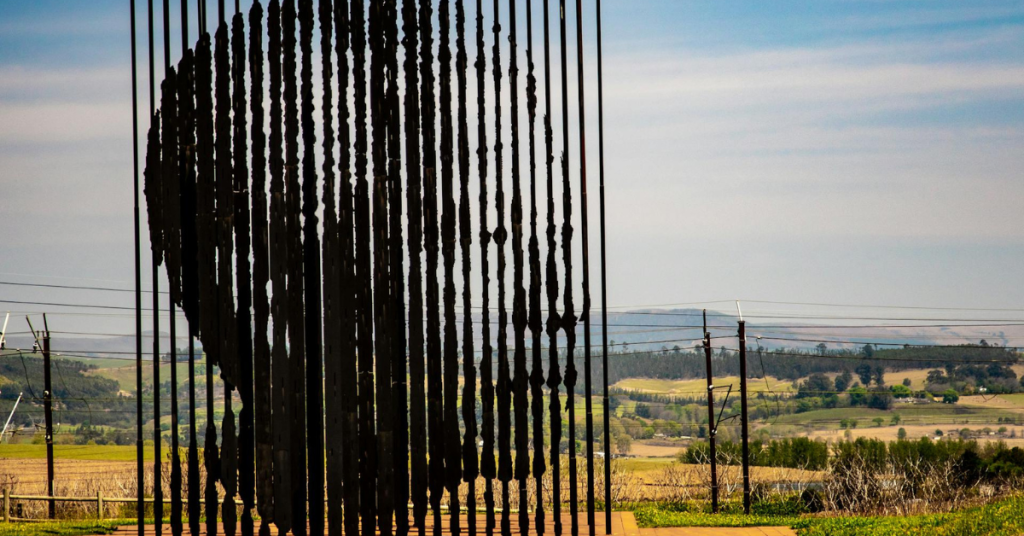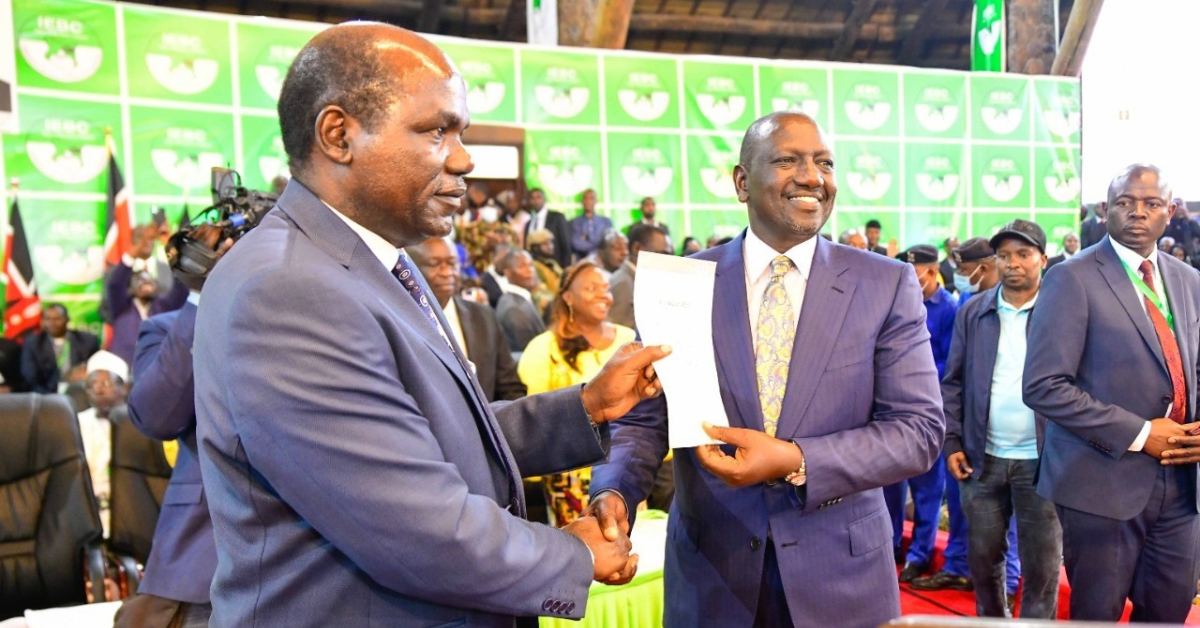In the Long Walk to Freedom, Mandela treated us to his journey from Qunu, his birthplace, to Pretoria, the seat of political power in his country, South Africa. After retirement, he wrote Conversations with Myself and, through letters and diary notes, shared with us up-close his personal world of pain and struggle – and joy and bliss. What emerges in these books, as well as the many authorised and unauthorised biographies, is a stunning picture of a heroic human being. Humanity has a lot to learn from his life’s odyssey. More about this later, but for now, I am intrigued by the ‘journey’ motif.
This phase of Mandela’s journey, the long goodbye on his way back to his ancestors, took on a hurried pace from about January 2011 – his latest hospitalization being the sixth since that time, and relates to the same recurrent lung condition. But one can say that his retirement from public life in 2004 was a signal that he had his ‘sights’ firmly set on his ‘final homecoming’. He tried, unsuccessfully, to slow down and enjoy a leisurely stroll towards the inevitable rendezvous with his maker. In his retirement, Mandela wished, in his words, to “revel in obscurity”. But his country would simply not allow him; they trotted him out – creaky knees and all – all the way to Geneva to lobby FIFA for the honour to have South Africa host the Soccer World Cup in 2010. They knew Mandela’s formidable name and his disarming charm were sure winners – and they were right. He delivered the big moment for Africa. After this proud achievement, Mandela said he was now ready to “retire from retirement”, adding sternly but with his usual mischievous smile, “Don’t call me, I’ll call you”.
But, judging by how rapidly his health deteriorated a year later, the Soccer World Cup feat may have come at the prize of a quickened pace to the ultimate goal of life – death!
Not that death scared Mandela; as a matter of fact he often made jokes about it. The 2008 summer edition of the Intelligent Life Magazine had this interesting vignette.
The Archbishop Desmond Tutu and Nelson Mandela were at a function celebrating Mandela’s 90th birthday. “Tutu stands with his back straight, palms pressed together in front of his face, looking not so much like a bishop as a schoolboy imitating a bishop. Mandela steps forward as Tutu bows deeply from the waist and holds himself low, showing off his bald pate. Somehow he makes the gesture both respectful and slightly mocking.
Mandela: “I am a sinner.”
Tutu (standing in front of Mandela): “I will absolve you!”
Mandela: “If you clear the way, I can knock on the doors of heaven myself!”
That is vintage Mandela; ready to charm heaven. And heaven seemed to be on his mind a lot. More than once, he was reported to have said – half in jest– that when he dies, the first thing he would do when he got to heaven was to present his membership card at the local branch of the African National Congress. (This was before the ANC descended into the present state of internal turbulence, incompetence and corruption).
But let us return to lessons from Mandela’s life.
Mandela the freedom fighter, the architect of post-apartheid South Africa, the social and political entrepreneur, the international icon, or simply as ‘the man’, has been the subject of numerous books many of which seek to tease out lessons in leadership. And there are almost endless lessons to mine from this man’s life. Richard Stengel in his book Mandela’s Way… distills at least fifteen lessons on life, love and courage.
For me, there is plenty to tease out from some of his quotable quotes. Take his seemingly simple advice: “Appearances matter — and remember to smile.”
It easy to attribute his appearance – distinctive and towering – to the formative influence of his early upbringing in the royal Thembu household. That would probably be only partially true. It would not fully explain the ‘remember to smile’ part. Royalty and smiles do not go together, do they? The adjectives that are more readily associated with royal bearing are: aloof, stiff, haughty – even contemptuous. For Mandela, appearance is more than dressing to make a fashion-taste statement; and a smile more than a means to look agreeable. Both were strategy tools deployed carefully to create a winning brand.
Reflect and decide for yourself what lessons to draw from the following Mandela quotes:
“Resentment is like drinking poison and then hoping it will kill your enemies.”
“As I walked out the door toward the gate that would lead to my freedom, I knew if I didn’t leave my bitterness and hatred behind, I would still be in prison.”


